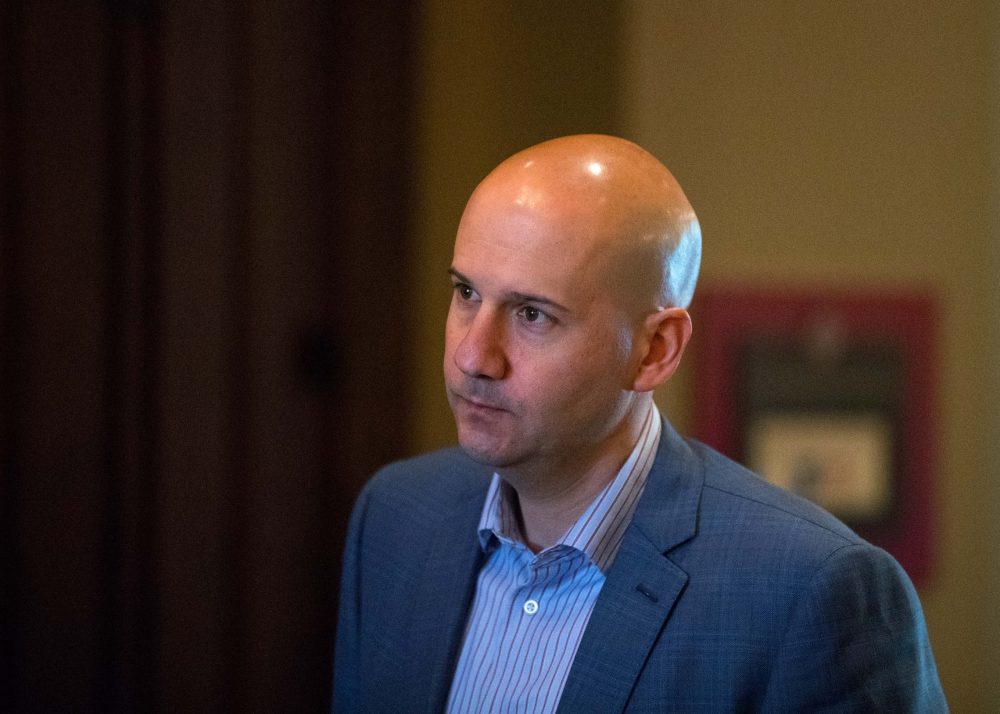
Back in May, ESPN’s Jeff Passan said a quiet part of this line of work out loud: MLB teams are regularly agreeing to terms with 13-year-old international players, and most of the key talents are locked up by age 14. This practice is against MLB’s own rules, which prevent signing players below the age of 16.
Somehow, despite these deals being open secrets every year, nothing ever happens to the teams making them. Major League Baseball has generally adopted a “see no evil, hear no evil” stance on early signings. You will hear various rationalizations as to why: that everyone does it, that the rules against it can’t be enforced, that the deals can’t be uncovered easily, or that the only way to regulate and fix it is an international draft.
Yet even when they actually had to make a factual finding that a team agreed to terms with a player early, they still avoided the consequences of it. Let’s turn the clock back to the Braves/John Coppolella scandal of 2017. You may remember that as part of that scandal, the commissioner’s office found that the Braves had an agreement with Robert Puason, a prospect ineligible to sign until July 2, 2019. It was disclosed because the Braves got penalized for “packaging” other players from Puason’s agent to skirt signing bonus rules; basically, they were skirting the bonus rules to pay Puason extra under the table.
Puason was just 14 when his deal with the Braves became public, and obviously was even younger when things went down. (Indeed, Passan used Puason’s signing as an example of a deal that was agreed to at age 13.) Just having the agreement at all was illegal, and exactly the type of thing the Braves should have been harshly punished for.
But there was no actual penalty for Atlanta agreeing to terms with Puason way early. The team did get the book thrown at them for the package deal part, under the veneer that it was illegal manipulation of MLB’s international bonus pool rules. That’s an issue MLB has taken a hard line on, including punishing the Boston Red Sox for a similar packaging scheme in 2016.
With the Braves out of the picture, Puason was back on the market. Shortly after the Braves were banned from signing him, word spread throughout the baseball industry that the Oakland Athletics had agreed to a new deal with Puason for around or just over $5 million, a slightly higher bonus than he was originally set to get from Atlanta. It was reported publicly by multiple media outlets within months, under the typical euphemisms like “expected to sign” and “industry favorite to sign,” and indeed Puason actually signed with Oakland in July for $5.1 million.
I’m using Puason here as the example since it all was so unusually public, but this isn’t a Robert Puason problem, an Atlanta Braves problem, or an Oakland Athletics problem. This is a Major League Baseball problem, happening dozens of times a year (conservatively) with a wide array of kids from different countries.
Nobody will step in. The league itself has de facto authorized this by its own inaction. The MLBPA, long willing to sell out non-members that it is collectively charged to protect, is off fighting other battles. Nearly every team is engaging in this type of conduct in the international free agency market.
This is all wrong. That it is a wrong enacted by a wide swath of the league doesn’t render it an iota more palatable. It’s morally wrong to put the screws to kids at the ages of 13 and 14 for the purposes of making more money at sport. Simply put, if a system is built on exploiting poor children of color, it is so far over the line that I don’t think reasonable people can disagree about it. If you excuse the system that results in that exploitation because “it’s actually some combination of talent identification and keeping up with the Joneses” then I’d posit your priorities are seriously out of whack.
Yet we center the discussion of an international draft around teams, around efficiency of process, around competitive balance and fairness of competition. We center the discussion about bonuses around whether uber-wealthy corporate entities pay too much because the players are too raw and too young to properly evaluate. We center the discussion of MLB enforcing its own rules around the technical details of how they would do so, and in doing so permit them to not even try.
We know as a matter of fact that Major League Baseball knew the Braves had come to an agreement with Puason, clear as day, at least 21 months early. They could’ve chosen to send a strong message to all thirty clubs to stop signing kids that young. A franchise-altering penalty would only have to happen once. It would act as a deterrent to everyone in baseball for many years to come.
They chose to care about pool manipulation instead.
Thank you for reading
This is a free article. If you enjoyed it, consider subscribing to Baseball Prospectus. Subscriptions support ongoing public baseball research and analysis in an increasingly proprietary environment.
Subscribe now